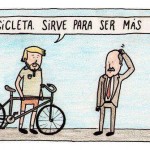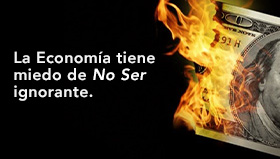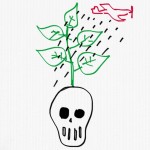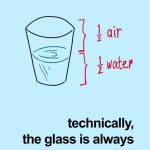Sometimes, while I am working (a non-alienated job, I´ve got to say thanks to that one), I have a few minutes between task and task, and I always have a book by hand, no matter if by opening it I only get to read two sentences. A Russian roulette of wisdom, one never knows which piece of data, phrase, example we will encounter; until that thought strikes you and leaves you pondering that for a while… a micro moment of personal illumination.
In one of those opening and closing the book, a customer walks towards me, while grabbing his wallet, takes a quick glance to the cover of the book I am now closing: Las venas abiertas de América Latina (“The open veins of Latin America”) by Eduardo Galeano.
Hey, hello there… I say to him.
Ah… so you want to cut your own veins with that book…
He did not say it in a mean way, he said it relaxed, like a comment passing by, like saying: do not read this because it will get you bad vibes, it sucks.
I sighed, with a little bit of complicity, but said to him: Yeah, although it motivates us towards wanting to change all of this…
And it is so, because you stumble upon statements that make you see things from another point of view:
“The labor day of the sugar slave extended to twenty hours.”
“The people who trust their survival to a single product are committing suicide.”
“There was in Cuba, in 1958, more prostitutes than miners.”
“A member of the Cuban <> even wrote about the advantage you can get from the misfortune of others.”
“Converted into salaried, the peasant who used to grow his little plot, did not improve with the new situation, as he now does not earn enough money to purchase the food he produced before.”
“An estimated of ten million slaves were brought from Africa, from the conquest of Brazil to the abolition of slavery.”
“The fiction of legality gives shelter to the Indian, the exploitation of reality made him bleed.”
I feel these truths, on how we managed our —natural and human– resources like tiny disposable goods, and how we keep on doing it leaving nature offside, are issues we can no longer ignore. The struggle for environmental protection, which comes wrapped by a paradigm shift that screams for sustainability with all of its strength, is a vision that transcends the geographic limits; hence, it can unite us as a species, longing for a future symbiosis with the ecosystem.
In the words of Martín Caparrós, in his excellent “Contra el Cambio” (“Against Change”):
“It is fantastic to have stumbled upon a cause in common, so apparently noble, so indisputable —in the strict sense of the of the word indisputable-, so unifying that can be raised by a young Nigerian woman who cooks with firewood or the president of the United States or my auntie Púpele of the Morgan Bank. Fantastic: and it serves even as a subject to be taught to young kids at school —or as propaganda material and, above all, public relations.”
Until next week,
Brian Longstaff.-



















Leave a Comment